Economic reforms and MSMEs: Experts' views
Updated: Jul 25, 2016 09:51:03am
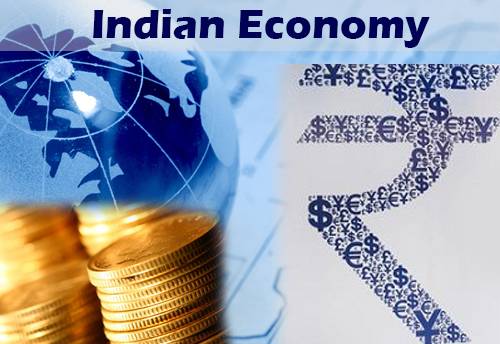
Economic reforms and MSMEs: Experts' views
New Delhi, July 25 (KNN) Twenty five years ago, on July 24, 1991, Finance Minister Dr Manmohan Singh rose in Parliament to present a budget speech that was to alter the destinies of India and its people in fundamental ways. He spoke in his characteristically gentle, low-key and self-effacing manner disguising a steely resolve. His words were memorable even if debatable.
Ever since, the time has seen the rise of big industries but in between the Micro, Small and Medium Enterprises (MSMEs) have seen ups and downs. After the completion of 25 years of major economic reforms in India, KNN caught up the industry experts to seek their views.
Director General of Federation of Indian Exporters Organisation (FIEO) Ajay Sahai said that the reforms which India undertook in 1991 were a reform which was not of voluntary nature.
"The economic condition of that point of time left us with no other option but to go for reforms. In fact that applies to our spiky also. Most of the time we take drastic measures when we are pushed against the wall. Fortunately for us we are not now in that condition,” he added.
Comparing China with India, he said “The difference between India and China lies in the fact that China started their reforms in 1978, and then in 1991 they took the second series of economic reforms which has unleased the economic gains of China.”
FIEO DG said “We have not gone for major reforms in last 25 years as everybody was expecting."
When asked about the situation of MSMEs in the country after the reforms, Sahai elaborated that the world is driven by technology. Those MSMEs who had absorbed the technology are meeting the challenges in a large extent. The problem lies where the MSMEs have not gone for the technology development. Because India is lacking in skilling of labour, so if there is problem on skilling of labour and not replacing with technology, then you are not producing the quality product required by the domestic and international consumer.
He explained that “So far the government’s focus was not in the skilling of the workers. Now government is looking to skill 500 million people by 2025. So if that happens, then problem will be addressed to some extent.”
“But it’s a fact that looking into the electronic changes and EDI which the government has brought, it has defiantly been ease of doing business. Though of course other competing countries who have done far revolutionary changes that what has not been done by us in past 25 years. That is reflecting also in the India’s poor ranking in ease of doing business”, added FIEO DG.
Whereas the President of Indian Industries Association (IIA), Manish Goel said that the major achievement for the economic reforms was elimination of the License Raj and Quota Permit Raj.
He said “The situation for MSMEs has changed much after eliminating the License Raj and Quota Permit Raj. Income tax slabs had been rationalised and excise duties had been changed.”
Goel said that MSMEs were protected when quota raj got eliminated but now it is operating in open market. MSMEs had to get Technology upgradation and interest subvention after the finishing of quota raj but that industries did not get, and it is one of the major reasons what MSMEs are lacking behind after the economic reforms. The level of corruption has also gone up. (KNN/AR)

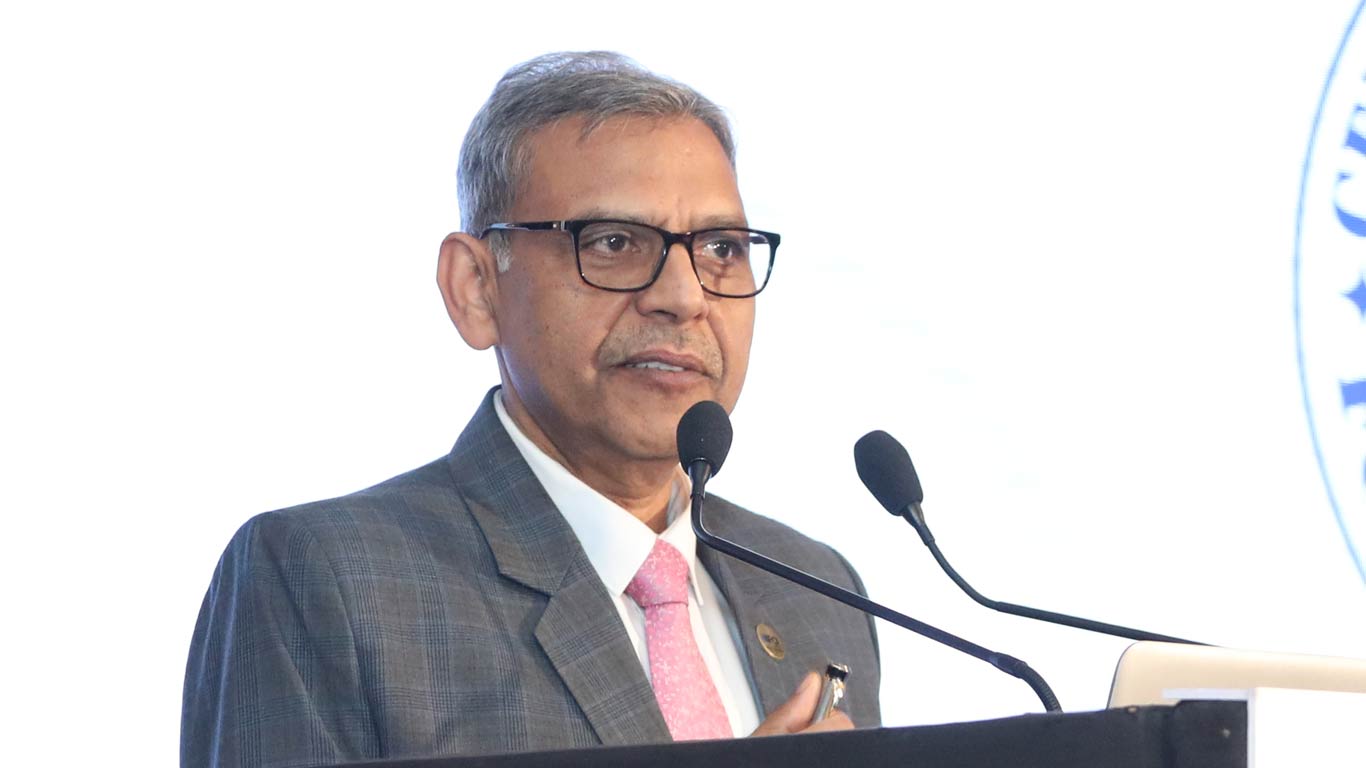
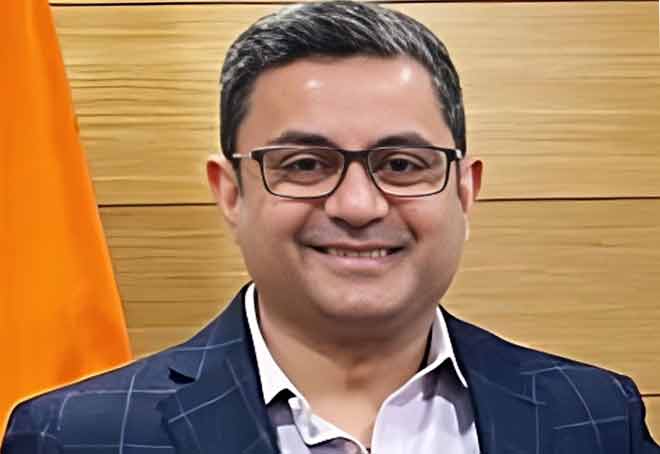
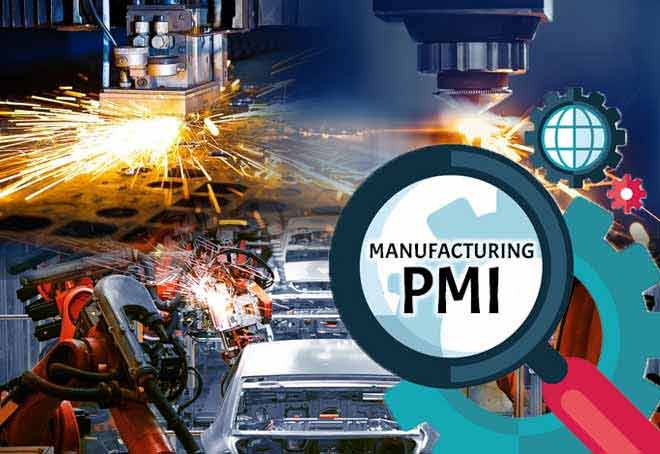
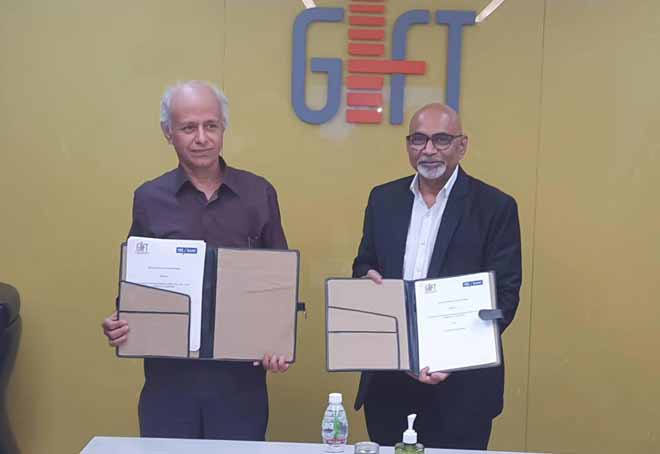
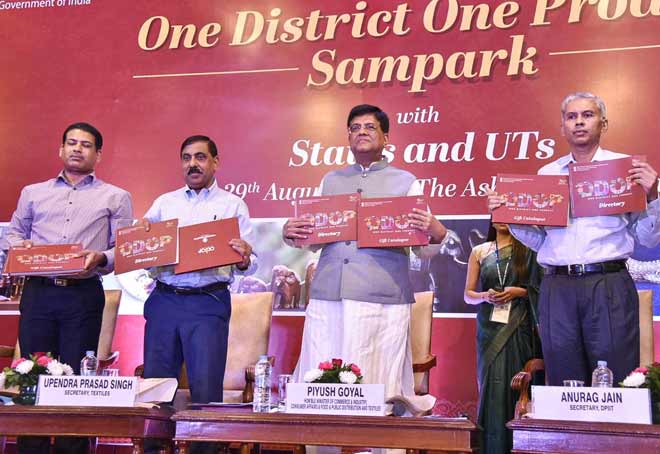






